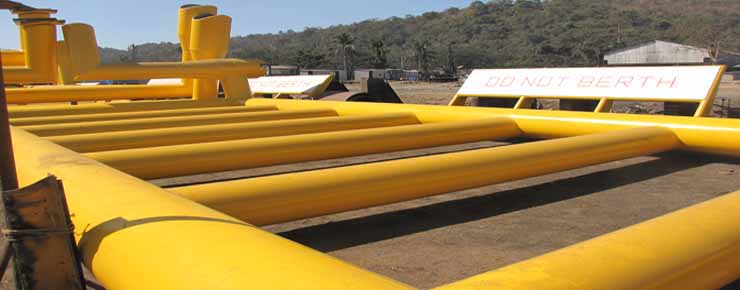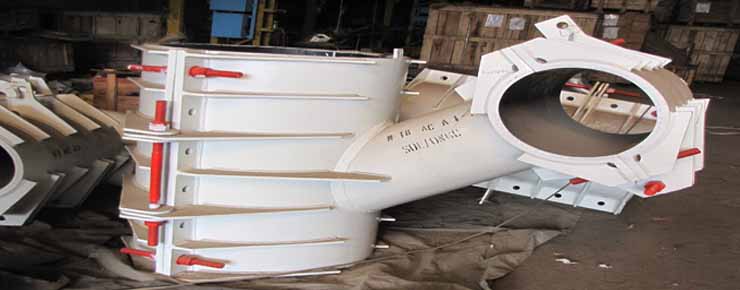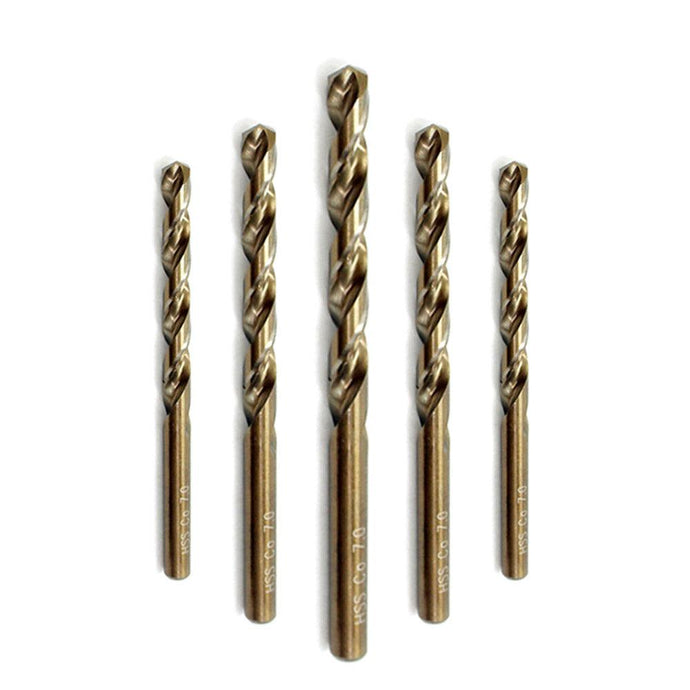
Supreme Offshore Constructions & Technical Services Limited















Metal Drill Bits: Precision Tools for Steel and Beyond
When it comes to drilling into metal, the choice of drill bit can significantly impact both the quality of the work and the efficiency of the project. Metal drill bits are specifically designed to tackle the challenges posed by various metal types, including steel, aluminum, brass, and copper. Their unique characteristics set them apart from standard drill bits, ensuring that users achieve clean, precise holes while maintaining tool longevity. Understanding the features, types, and applications of metal drill bits is essential for anyone engaged in metalworking, whether they are seasoned professionals or enthusiastic DIYers.
Metal drill bits are crafted from durable materials that can withstand the high temperatures and stresses associated with drilling through metal. The most common materials used for these bits include high-speed steel (HSS), cobalt steel, and carbide. High-speed steel bits are versatile and effective for general metal drilling tasks. They provide good performance on softer metals but can struggle with tougher materials. Cobalt steel drill bits are an excellent choice for drilling through harder metals, as they contain a higher percentage of cobalt, which enhances their heat resistance and durability. For specialized applications, carbide bits offer the highest performance, particularly for very hard materials, as they are exceptionally tough and maintain their cutting edge over extended periods.
The design of metal drill bits is specifically engineered to facilitate efficient drilling. These bits typically feature a sharp point for easy penetration into metal surfaces and flutes that help to remove chips and debris from the hole as it is drilled. The geometry of the tip is crucial; a split-point design, for example, allows for better self-centering and reduces walking, which is when the bit skews off the intended path at the start of drilling. This is particularly important when working with harder metals where precision is vital.
Choosing the right metal drill bit involves considering the specific type of metal being drilled and the desired hole size. Many manufacturers offer bits in a variety of sizes, measured in fractions of an inch, millimeters, or gauge numbers. When drilling into metal, it is also essential to select the appropriate speed and feed rate for the drill bit. Slower speeds are generally recommended for harder materials, while faster speeds can be used for softer metals. Maintaining a steady feed pressure is critical; applying too much pressure can lead to overheating and bit wear, while insufficient pressure may result in poor cutting performance.
Using metal drill bits effectively requires some preparation and technique. Before starting, it's advisable to mark the drilling location with a center punch, which helps prevent the bit from wandering. For best results, it's also essential to use a cutting fluid or lubricant to reduce friction and dissipate heat during the drilling process. This not only prolongs the life of the drill bit but also helps produce cleaner holes with less burr formation. In addition, keeping the workpiece securely clamped will enhance safety and ensure more accurate drilling.
Metal drill bits come in various styles, each tailored for specific applications. Twist bits are the most common type, characterized by their spiral flutes that efficiently remove chips. However, there are also other types, such as masonry bits designed for tougher materials and step bits that allow for drilling multiple diameters with a single bit. For tasks requiring precise hole sizes, a reamer bit may be employed to refine the hole's diameter after drilling, achieving a smooth and accurate finish.
The applications of metal drill bits are vast and varied. They are indispensable in industries ranging from automotive and aerospace to manufacturing and construction. Mechanics use metal drill bits for tasks such as drilling through engine blocks or chassis components, while metal fabricators rely on them to create intricate parts for machinery. In addition, hobbyists and DIY enthusiasts can use these bits for home improvement projects, crafting, and even jewelry making, showcasing their versatility and broad applicability.
Investing in high-quality metal drill bits is crucial for achieving consistent and reliable results. The performance of a drill bit can deteriorate quickly if it is made from inferior materials or is not maintained properly. By selecting bits that are well-reviewed and made from durable materials, users can ensure that their drilling tasks are completed efficiently and effectively. Regularly inspecting and cleaning drill bits after use will also help maintain their performance and longevity.
In summary, metal drill bits are essential tools for anyone involved in metalworking or related crafts. Their specialized designs, materials, and cutting geometries make them suitable for a wide range of applications, from industrial manufacturing to DIY projects. By understanding the features and appropriate usage of metal drill bits, users can achieve precise results and enhance the overall quality of their work. Whether you are drilling through steel, aluminum, or other metals, the right metal drill bit can make all the difference, ensuring that your projects are executed with precision and professionalism. As you navigate the world of metalworking, investing in quality drill bits will undoubtedly pay off in the form of cleaner holes, increased efficiency, and successful outcomes in all your endeavors.
